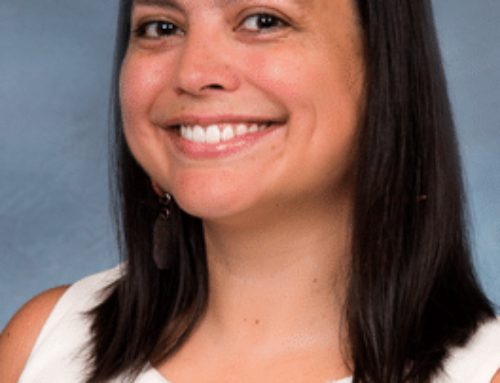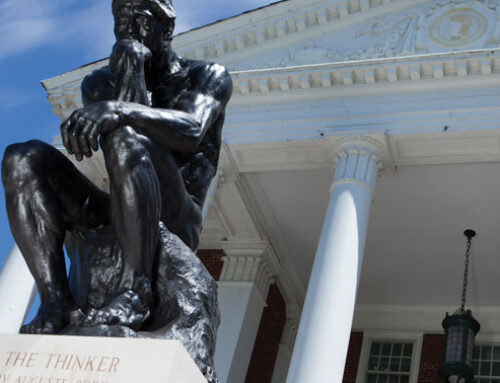BY: T. DYLON JONES
Here’s a novel idea: college students should read, no not just textbooks. In our vapid cultural wasteland, young scholars need something to help them get through
That magical something is books. They’re out just for preteen girls. Here are five essential books to Help you graduate with skills and sanity:
“On The Road,” by Jack Kerouac
College students are overwhelmed, confused, and crazy. “On The Road,” the book that started the eat Generation, that listess young college kids, young adults can dentify with. It introduces he sometimes apathetic, sually impulsive Sal Pardise on his impromptu adventures following the manic ean Moriarty across the country and back. And across. nd back. Their strange encounters with hobo sages and heroin poets, combined with Kerouac’s beautiful prose, define and help cope with the uncertainty of youth.
“The Rules of Attraction,” by Bret Easton Ellis
You know Bret Easton Ellis, whether you think you do, or not. He wrote is first novel, “Less Than ero,” in his early 20s, and has commanded the world’s literary attention since, shocking us with is portrayals of parties, rostitutes, and serial killers in “American Psycho.” The movie starring Christian Bale was based on this book. “The Rules of Attraction” is a narratively ambitious novel. It begins and ends halfway through a sentence about a group of college students surviving on drugs, sex, and cigarettes. They’re all confused, all in love with each other, all brilliant and all stupid in their own ways. They misinterpret love letters, cheat drug dealers, bed professors, and attempt suicide with varying sincerity. But this book isn’t trashy drivel about kids behaving badly; it’s heartbreaking and suspenseful and engaging. Its genuine depiction of depravity dispels common beliefs about youth and crime while cautioning us about the true dangers in life. Stephen King once said, “Monsters are real, and ghosts are real too. They live inside us, and sometimes, they win.”
“On Writing,“ by Stephen King
You’re probably thinking of rabid hotels and haunted dogs already, but hold
on. The late Roger Ebert once said of King, “A lot of people were outraged that he was honored at the National Book Awards, as if a popluar writer could not be taken seriously. But after finding that his book ’On Writing’ had more useful and observant things to say about the craft than any book since Strunk and White’s ‘The Elements of Style,’ I have gotten over my own snobbery.” “On Writing” illustrates the evils of adverbs and passive voice as vivdly as any of King’s monsters, teaching good writing for any genre without being boring. King has penned a manual that reads like an action novel, with some autobiography sprinkled in for flavor. We can’t all be great writers, but we can all learn to effectively communicate in writing.
“Brave New World,” by Aldous Huxley
“1984” may be the apex of dystopian fiction, but “Brave New World” is the most prophetic. Set in a futuristic London, nearly all society is bred and conditioned into “equal” class-occupations. Citizens take a fictional drug, soma, to prevent strong or unpleasant emotions, have no concept of monogamy, and never read anything stimulating or philosophical. They eagerly consume feelies, shallow media with a tactile element. Not to get carried away with imminent doom, but Huxley’s work is uncomfortably accurate. “Brave New World” teaches us a lot about the most important of all skills, skepticism, with this horrifying, sad tale.
“To Kill a Mockingbird,” by Harper Lee
If you haven’t read “To Kill a Mockingbird,” you’re behind. Harper Lee’s story of outcasts forces a little girl to tackle problems
like prejudice and judgment. Her wise father, attorney Atticus Finch, must defend an innocent African-American man in a racist courtroom. Read it. Read it to learn about civil rights. Read it to learn about history. Read it to learn about unfair societal
limitations and loneliness. Read it to learn about independence, about love, about freedom through the opening eyes of a child in the segregated South. The only bad thing about Harper Lee is that she didn’t publish any other books. But after releasing something so important, she didn’t need to publish any more work. You’re not Harper Lee, so read these books, do work, and have fun!










